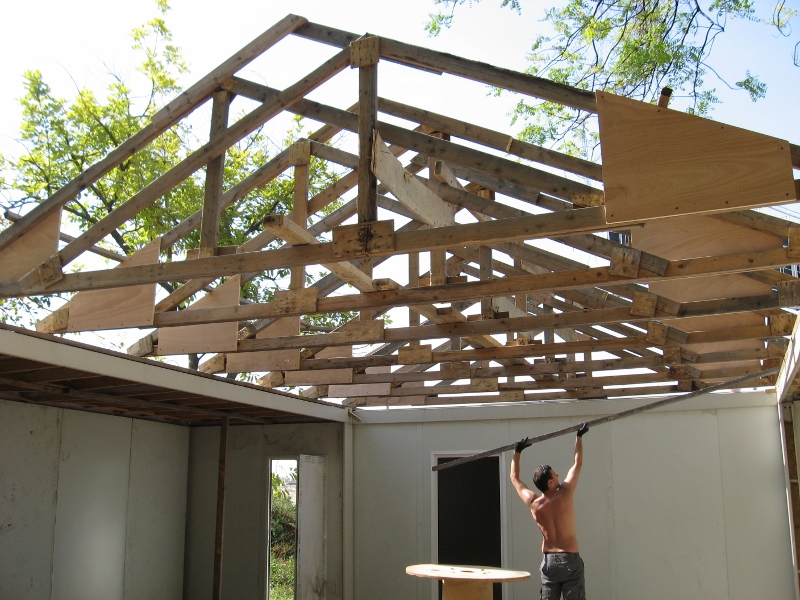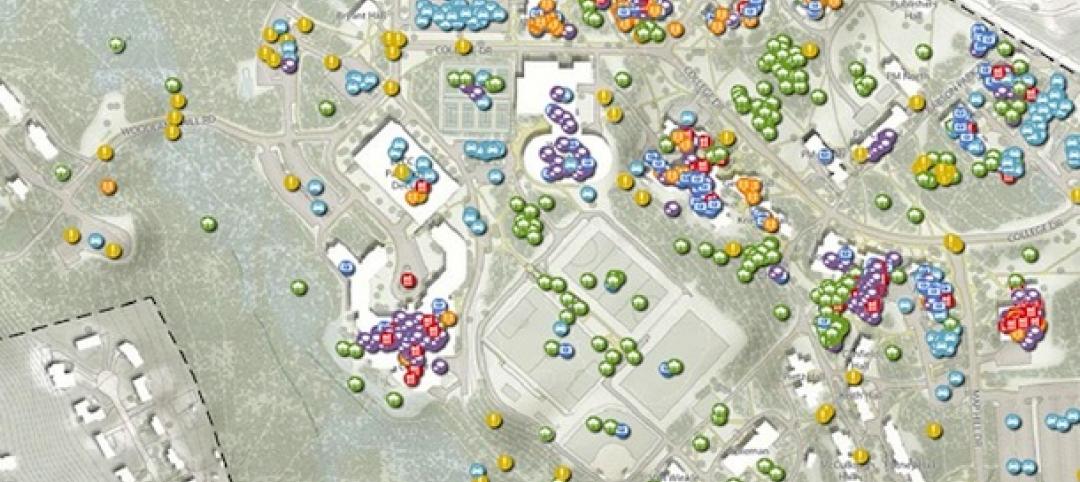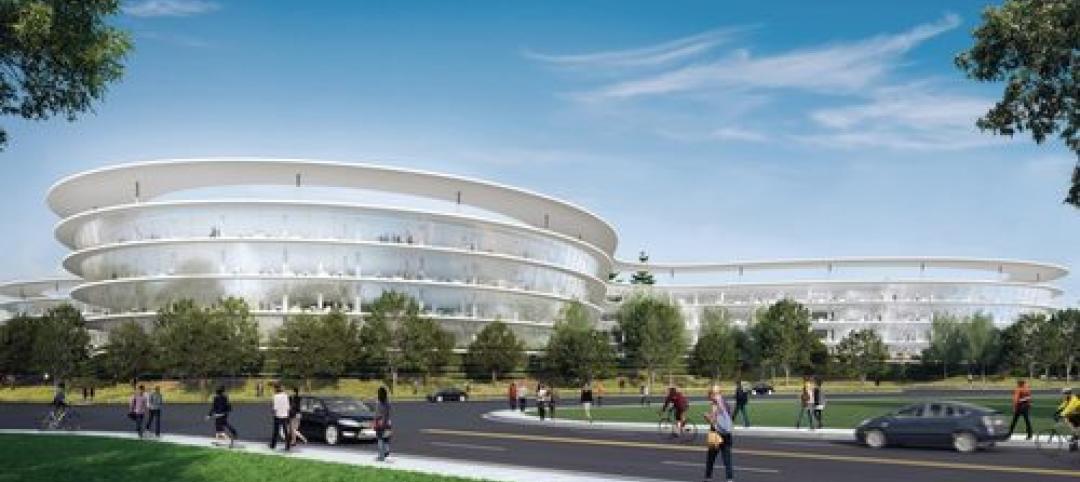The Architects Foundation, along with the American Institute of Architects (AIA) and the Association of Collegiate Schools of Architecture (ACSA), launched a nationwide request for partnership to add three more members to its National Resilience Initiative (NRI). The initiative is a network of resilient design studios that help communities become more resilient to natural disasters and climate change.
Founded in 2013 as a Clinton Global Initiative commitment, the NRI network will gather existing university-based design centers that work planning, facilitation and project implementation within their communities. The NRI’s goal is to pass along resilience design ideas and planning approaches that can be shared with local communities.
Currently, there are three existing NRI studios - Mississippi State (Gulf Coast / Southern Region), The University of Arkansas (Lower Mid-West Region), and the New Jersey Institute of Technology (East Coast Region). The Foundation recently issued its first annual report on what the NRI studios have achieved, and a map of the network and the risks being addressed by each studio can be found here.
In issuing its first request for partnerships, the Foundation searching for three university-led, multi-disciplinary teams to implement the second phase of the NRI. In this phase, the Foundation is looking to find the next three studios for the Mid-Atlantic, Upper Mid-West and Pacific Northwest regions.
“These new studios — along with the three existing NRI studios — will represent the six regional areas of need for resilience planning within the ten federal regions designated as disaster-prone areas by the Department of Housing and Urban Development (HUD) and the Federal Emergency Management Agency (FEMA),” said Architects Foundation Executive Director Sherry-Lea Bloodworth Botop. “These six members will form a strong resilient studio network backbone right where it’s needed most.”
Applications are now being accepted through January 7, 2016. A selection announcement is expected by mid-February. The first annual convening of all six NRI charter members will take place in early May at Architects Foundation headquarters in Washington, D.C.
Related Stories
| Feb 14, 2014
The Technology Report 2014: Top tech tools and trends for AEC professionals
In this special five-part report, Building Design+Construction explores how Building Teams throughout the world are utilizing advanced robotics, 3D printers, drones, data-driven design, and breakthroughs in building information modeling to gain efficiencies and create better buildings.
| Feb 14, 2014
Crowdsourced Placemaking: How people will help shape architecture
The rise of mobile devices and social media, coupled with the use of advanced survey tools and interactive mapping apps, has created a powerful conduit through which Building Teams can capture real-time data on the public. For the first time, the masses can have a real say in how the built environment around them is formed—that is, if Building Teams are willing to listen.
| Feb 13, 2014
University officials sound off on net zero energy buildings
As part of its ongoing ZNE buildings research project, Sasaki Associates, in collaboration with Buro Happold, surveyed some 500 campus designers and representatives on the top challenges and opportunities for achieving net-zero energy performance on university and college campuses.
| Feb 13, 2014
3 keys to designing freestanding emergency departments
Having physically disassociated from a central hospital, FEDs must overcome the particular challenges associated with a satellite location, namely a lack of awareness, appeal, and credibility. Gresham, Smith & Partners' Kristin Herman-Druc offers three keys to success.
| Feb 13, 2014
Why you should start with a builder
They say the best way to eat an elephant is one bite at a time. Expanding your building or constructing a new structure for your business, church, or school isn’t all that different. Attacking it is best done in small, deliberate pieces.
| Feb 13, 2014
Related Companies, LargaVista partner to develop mixed-use tower in SoHo
The site is located at the gateway to the booming SoHo retail market, where Class A office space is scarce yet highly in demand.
| Feb 12, 2014
First Look: Futuristic Silicon Valley campus designed to draw tech startups
The curved campus will consist of four different buildings, one exclusively for amenities like a coffee bar, bike shop, and bank.
| Feb 12, 2014
IIT's College of Architecture launches the Mies Crown Hall Americas Prize
Awarded biennially with a $50,000 prize, the program will recognize the most distinguished architectural works built on the North and South American continents in the preceding two years.
| Feb 11, 2014
Adobe Photoshop update features new 3D printing capabilities
Available as part of an update to Photoshop Creative Cloud, the tool enables users to easily and reliably build, refine, preview, prepare, and print 3D designs.
| Feb 10, 2014
Proposed parking garage will sandwich vehicles between housing and retail space
Architecture firm Brisac Gonzalez says that the design "will introduce different activities after parking hours."

















